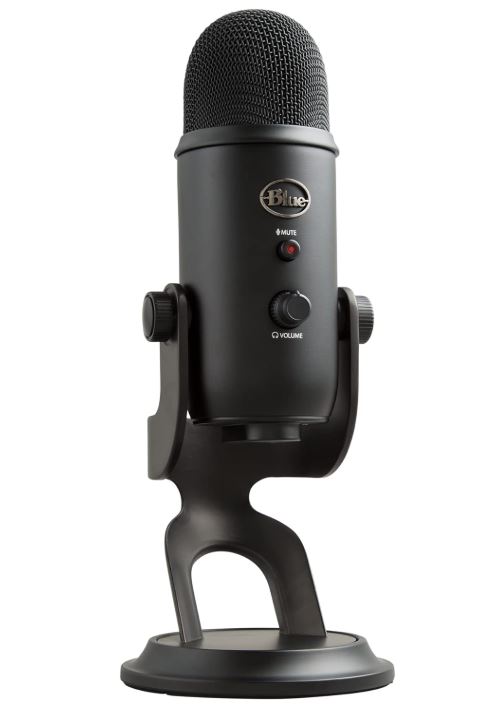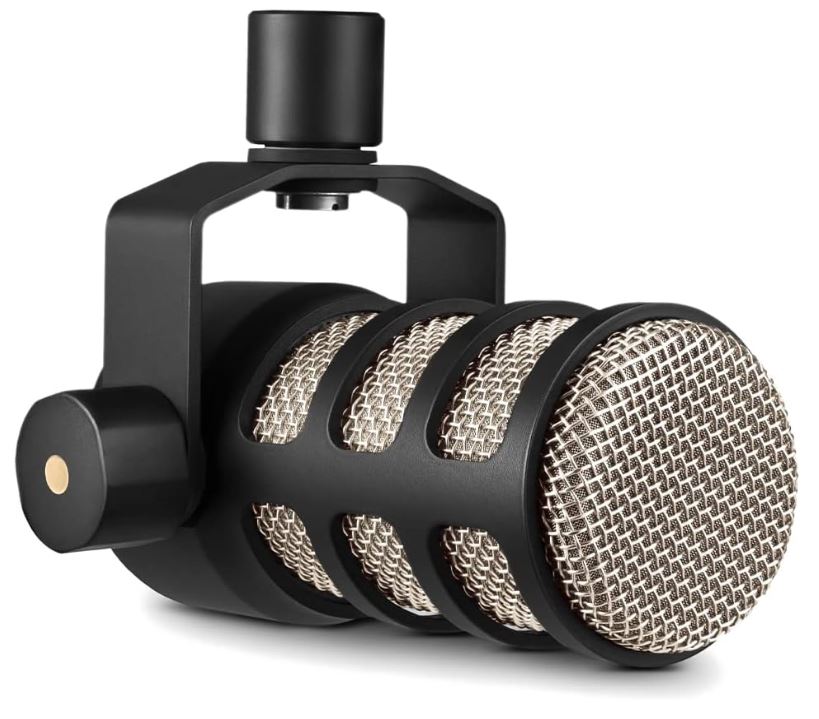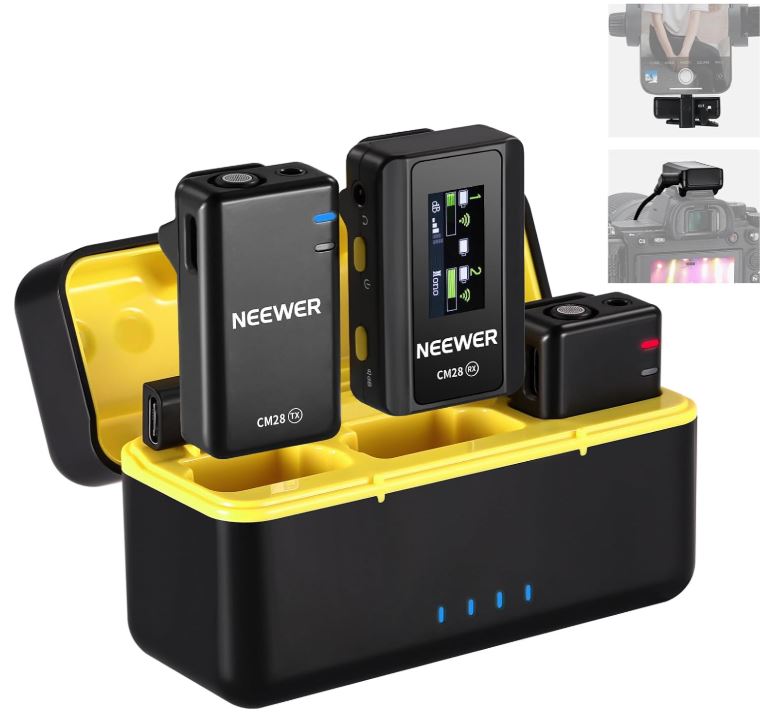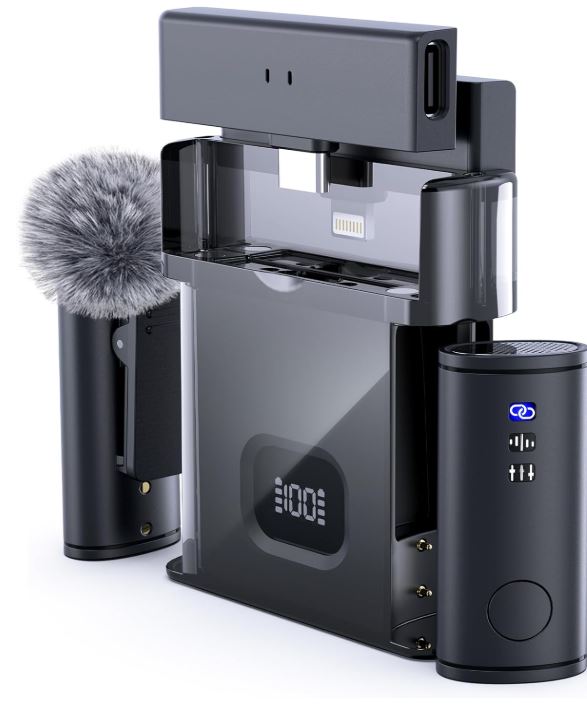Discover the best microphone for singing and elevate your vocal performance to new heights.
Introduction
Choosing the best microphone for singing can be a daunting task, especially when you consider the wide array of options available. Did you know that the right microphone can enhance your vocal tone by up to 30%? Imagine stepping onto the stage, confident that your voice will resonate perfectly with the audience. In this comprehensive guide, we’ll explore everything you need to know about selecting the ideal microphone for your singing needs.
| Key Fact | Details |
|---|---|
| Microphone Types | Dynamic, Condenser, Ribbon |
| Price Range | $50 – $500+ |
| Best Brands | Shure, Audio-Technica, Neumann |
| Frequency Response | 20 Hz – 20 kHz |
| Usage Scenarios | Live Performance, Studio Recording, Home Use |
Outline of Subtopics
- Understanding Microphone Types
- How Microphone Technology Affects Sound
- Choosing the Right Microphone for Live Performances
- Best Microphones for Studio Recording
- Factors to Consider When Buying a Microphone
- Importance of Frequency Response
- Wired vs. Wireless Microphones
- Top Microphone Brands Reviewed
- Budget vs. Professional Options
- Common Microphone Accessories
- Microphone Placement Techniques
- How to Care for Your Microphone
- Microphone Specifications Explained
- Real User Reviews and Experiences
- Expert Opinions on Singing Microphones
- Best Practices for Microphone Usage
- Microphone FAQs
- Future Trends in Microphone Technology
- Interactive Checklist for Choosing a Microphone
- Case Study: Successful Singers and Their Microphones
- Conclusion and Call to Action
Understanding Microphone Types
Our Top Picks - Best USB Microphones 🎙️
Looking for the perfect microphone? Check out our top-rated USB microphones for crystal-clear sound & studio-quality performance! 🎧✨
Microphones come in various types, each designed for specific applications. The most common types include:
- Dynamic Microphones: Excellent for live performances due to their durability and ability to handle high sound pressure levels.
- Condenser Microphones: Best suited for studio recordings, they capture a wider frequency range and are more sensitive to sound.
- Ribbon Microphones: Known for their warm sound, they are ideal for capturing vocals and acoustic instruments but are less common in live settings.
Understanding these types is crucial in selecting the best microphone for your unique singing style and environment.
How Microphone Technology Affects Sound
The technology behind microphones plays a significant role in how sound is captured and processed. For instance, condenser microphones use a diaphragm that responds to sound waves, while dynamic microphones rely on electromagnetic induction. This fundamental difference leads to varied sound qualities. Consider factors like:
- Sensitivity: How well the microphone picks up quiet sounds.
- Frequency Response: The range of sound frequencies the microphone can capture.
- Polar Patterns: Directionality of the microphone, impacting how it picks up sound from various angles.
Each of these elements can dramatically change how your voice is heard, making it essential to match the microphone’s technology with your performance needs.
Choosing the Right Microphone for Live Performances
Our Top Picks - Best Wireless Microphones 🎤
Looking for a wireless solution? Check out our top-rated wireless microphones for hassle-free, high-quality sound! 🎶✨
When selecting a microphone for live performances, durability and feedback rejection are critical. Here are some top options:
- Shure SM58: A legendary dynamic microphone known for its reliability and performance.
- Sennheiser e835: Offers excellent feedback rejection and is favored by many live performers.
- Audiotechnica AT2020: A versatile option that works well in both live and studio settings.
Consideration of your singing style, vocal range, and performance environment is vital to ensuring the microphone enhances your natural sound.
Best Microphones for Studio Recording
In a studio setting, capturing the true essence of your voice is paramount. Here are some top recommendations:
- Neumann U87: A professional-grade condenser microphone that delivers unparalleled sound quality.
- Audio-Technica AT2035: A budget-friendly option that provides excellent clarity and detail.
- AKG C414: Known for its versatility with selectable polar patterns and superior audio fidelity.
Each of these microphones brings unique qualities that can elevate your studio recordings, allowing for a polished final product.
Factors to Consider When Buying a Microphone
When purchasing a microphone, several key factors should guide your decision:
- Budget: Determine how much you are willing to spend, as prices can vary widely.
- Purpose: Consider whether you need the microphone for live performance, studio recording, or home use.
- Compatibility: Ensure the microphone is compatible with your existing equipment, including mixers and audio interfaces.
Taking the time to evaluate these factors will help you make an informed choice that aligns with your goals and budget.
Importance of Frequency Response
Frequency response refers to the range of frequencies a microphone can capture. A microphone with a broader frequency response can pick up more nuances in your voice, enhancing the overall sound quality. Here’s what to look for:
- Vocal Range: If you sing across a wide range, opt for a microphone that can handle high and low frequencies.
- Presence Boost: Some microphones have a built-in presence boost to enhance vocal clarity, which can be beneficial for live performances.
- Flat Response: For studio recordings, a flatter frequency response is often preferred to capture the voice as naturally as possible.
Understanding frequency response is essential for selecting a microphone that complements your vocal style and intended use.
Wired vs. Wireless Microphones
Deciding between wired and wireless microphones can impact your performance. Here are the pros and cons of each:
Wired Microphones
- Pros: Reliable sound quality, no interference issues, and generally lower cost.
- Cons: Limited mobility due to the cable length.
Wireless Microphones
- Pros: Greater freedom of movement, ideal for dynamic performances, and less clutter on stage.
- Cons: Potential for signal interference and typically higher cost.
Consider your performance style when choosing between wired and wireless options to ensure you select the best fit for your needs.
Top Microphone Brands Reviewed
Several brands dominate the microphone market, each offering unique features and qualities. Here’s a breakdown of the top three:
- Shure: Renowned for durability and reliability, the Shure SM58 is a staple in live performance settings.
- Audio-Technica: Offers a wide range of microphones, including the popular AT2020, known for its quality at an affordable price.
- Neumann: A luxury brand that provides high-end microphones, like the U87, favored by professional studios.
Choosing a reputable brand can provide peace of mind and assurance of quality, making it a critical part of your decision-making process.
Budget vs. Professional Options
When shopping for microphones, it’s essential to weigh budget options against professional-grade models. Here’s how to navigate this:
- Budget Options: Models like the Shure SM48 offer great performance for beginners without breaking the bank.
- Mid-Range Options: Consider microphones like the Audio-Technica AT2035 that provide quality without a professional price tag.
- Professional Options: If you’re serious about your craft, investing in a Neumann U87 could be worth the expense for its unparalleled sound quality.
Ultimately, your choice should reflect your level of commitment and the quality you desire in your sound.
Common Microphone Accessories
Accessories can enhance your microphone’s performance and usability. Here are some essential accessories to consider:
- Pop Filters: Help reduce plosive sounds and improve vocal clarity.
- Microphone Stands: Provide stability and flexibility in positioning the microphone during performances.
- Cables: High-quality cables can significantly affect sound quality and reliability.
Investing in these accessories can make a substantial difference in your overall sound quality and performance experience.
Microphone Placement Techniques
Proper microphone placement can enhance your vocal sound dramatically. Here are some techniques to consider:
- Distance: Maintain an appropriate distance to avoid distortion and feedback. Typically, 6-12 inches is ideal for singing.
- Angle: Position the microphone at an angle to capture sound effectively while reducing plosive sounds.
- Height: Ensure the microphone is at mouth level to optimize sound capture.
Experimenting with these techniques can help you find the best setup for your unique voice and performance style.
How to Care for Your Microphone
Caring for your microphone is essential for maintaining its longevity and sound quality. Here are some tips:
- Storage: Always store your microphone in a protective case when not in use to prevent damage.
- Cleaning: Regularly clean the microphone with a soft cloth and avoid using harsh chemicals.
- Handling: Avoid dropping or mishandling the microphone, as this can lead to internal damage.
By following these care tips, you can ensure your microphone remains in optimal condition for years to come.
Microphone Specifications Explained
Understanding microphone specifications can be overwhelming. Here are some critical specifications to know:
- Impedance: Affects how much signal the microphone will produce, impacting compatibility with other equipment.
- SPL (Sound Pressure Level): Indicates how loud a sound the microphone can handle without distortion.
- Dynamic Range: Refers to the difference between the softest and loudest sounds the microphone can capture.
Being familiar with these specifications can help you make informed decisions when choosing a microphone.
Real User Reviews and Experiences
User reviews can provide valuable insights into microphone performance. Here are some testimonials:
“The Shure SM58 transformed my live performances. The clarity is unmatched!” – Emily R., Professional Singer
“I switched to the Audio-Technica AT2020 for studio recordings, and I couldn’t be happier with the results!” – Mike T., Music Producer
Listening to real user experiences can help guide your choice and provide confidence in your decision.
Expert Opinions on Singing Microphones
Industry experts often weigh in on the best microphones for singing. Here’s what they say:
“For beginners, I always recommend the Shure SM58. It’s a reliable workhorse that delivers consistent quality.” – John Doe, Audio Engineer
“For studio work, you can’t go wrong with the Neumann U87. It captures every nuance of the voice beautifully.” – Jane Smith, Vocal Coach
Expert recommendations can help narrow down options and highlight models that deliver superior performance.
Best Practices for Microphone Usage
To maximize your microphone’s potential, follow these best practices:
- Warm Up: Always warm up your voice before using the microphone to avoid strain.
- Monitor Sound Levels: Use headphones to monitor your sound and make adjustments as needed.
- Engage with the Audience: Use your microphone to connect with your audience, moving closer during softer parts and backing off for louder sections.
Implementing these best practices can enhance your performance and ensure your vocal quality shines through.
Microphone FAQs
What is the best microphone for live singing?
The Shure SM58 is widely regarded as one of the best microphones for live singing due to its durability and excellent sound quality.
How much should I spend on a microphone for singing?
A good microphone for singing can range from $50 to $500, depending on your needs and the quality you desire.
Are wireless microphones worth it?
Yes, wireless microphones offer greater freedom of movement, making them a popular choice for live performances, despite the potential for interference.
Can I use a studio microphone for live performances?
While it’s possible, studio microphones are typically more delicate and may not perform as well in a live setting where durability and feedback rejection are crucial.
What accessories do I need for my microphone?
Essential accessories include a pop filter, microphone stand, and high-quality cables to enhance sound quality and usability.
Conclusion
In conclusion, selecting the best microphone for singing is a critical step for any performer looking to elevate their sound. By considering factors such as microphone type, technology, and personal needs, you can make an informed decision that enhances your vocal performance. Don’t hesitate to invest in quality equipment that reflects your passion for music and your commitment to excellence. Ready to take your singing to the next level? Explore your options today and find the perfect microphone for you!





